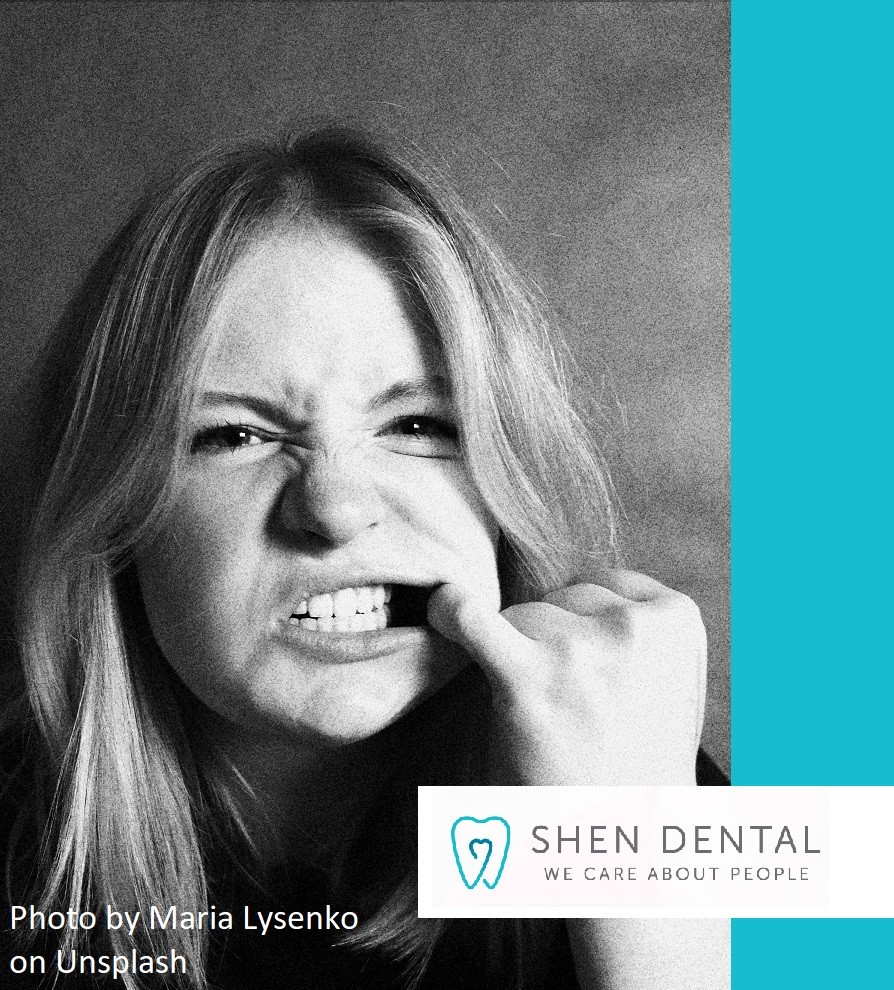Understanding saliva
Before we dive into the realm of dry mouth, let’s give a round of applause to your trusty sidekick—saliva! It’s not just plain old water; it’s an extraordinary fluid that keeps your mouth in tip-top shape. Saliva is a mix of water, enzymes, mucus, and electrolytes. This dynamic squad helps with all sorts of tasks, from breaking down food during digestion to putting up a fight against tooth decay. Think of it as your mouth’s natural cleaning crew! When you’re in a dry mouth situation, this essential team isn’t working as hard as it should be. That’s why we’re here to help you get the most out of it. Let’s get started, shall we?
What causes dry mouth
Dry mouth can be a result of various factors, including medications. Some of the most commonly prescribed drugs associated with dry mouth include antihistamines (like diphenhydramine), antidepressants (such as amitriptyline), decongestants, diuretics, and antipsychotics. Certain medical treatments like radiation therapy for head and neck cancer can also lead to dry mouth.
Additionally, certain medical conditions like diabetes, Sjögren’s syndrome, and Parkinson’s disease can contribute to dry mouth. Autoimmune diseases like lupus or rheumatoid arthritis, and nerve damage due to injuries or surgery, may play a role.
Digging deeper, it can also be a result of lifestyle choices, like smoking or excessive alcohol consumption, both of which can reduce saliva flow.
Sometimes, it’s a combination of factors, making it crucial to work closely with your healthcare provider to identify the root cause.
Why is visiting the dentist crucial?
Regular dental check-ups are like pit stops for your oral health, and they’re even more important if you’re dealing with dry mouth. With less saliva to do the heavy lifting, your teeth might be more prone to trouble. A dentist can keep an eye on things, provide tailored advice, and suggest treatments to keep complications at bay.
What to do?
Let’s talk solutions! Non-pharmaceutical treatments are all about making some lifestyle adjustments. Here are a few tips:
Stay hydrated: Sip on water throughout the day to combat dry mouth.
Chew sugarless Gum: It’s like a mini saliva booster!
Avoid irritants: Give alcohol, tobacco, and caffeine a rain check. They can make dry mouth worse.
Now, for the pharmaceutical options (medications). In more serious cases, your dentist might suggest artificial saliva substitutes, oral moisturizing gels, or prescription medications that give your saliva glands a nudge.
Let’s add a little extra sparkle to your smile:
- Bring in the Humidifier: Pop one in your bedroom to add some moisture to the air, especially while you sleep.
- Choose fluoride: Opt for fluoride toothpaste and mouthwash to give your teeth an extra shield.
- Keep up the hygiene: Brushing and flossing are your best buds. Hang out with them often!
- Tongue scrapers rule: They’re like a spa day for your mouth, helping to kick out bacteria and leave you with a fresh feeling.
Dealing with dry mouth can be a bit of a puzzle, but with the right tricks up your sleeve, you can crack it. By knowing the ins and outs, seeking professional advice, and taking a proactive approach, you can keep your mouth feeling fresh and comfortable. Your dentist is your partner in this adventure, so don’t hesitate to reach out for personalized tips and treatments at 604-566-7777. Remember, you’ve got a team behind you, and together, we’ll make sure your smile stays as bright and healthy as can be. Cheers to a happier, well-hydrated mouth!






